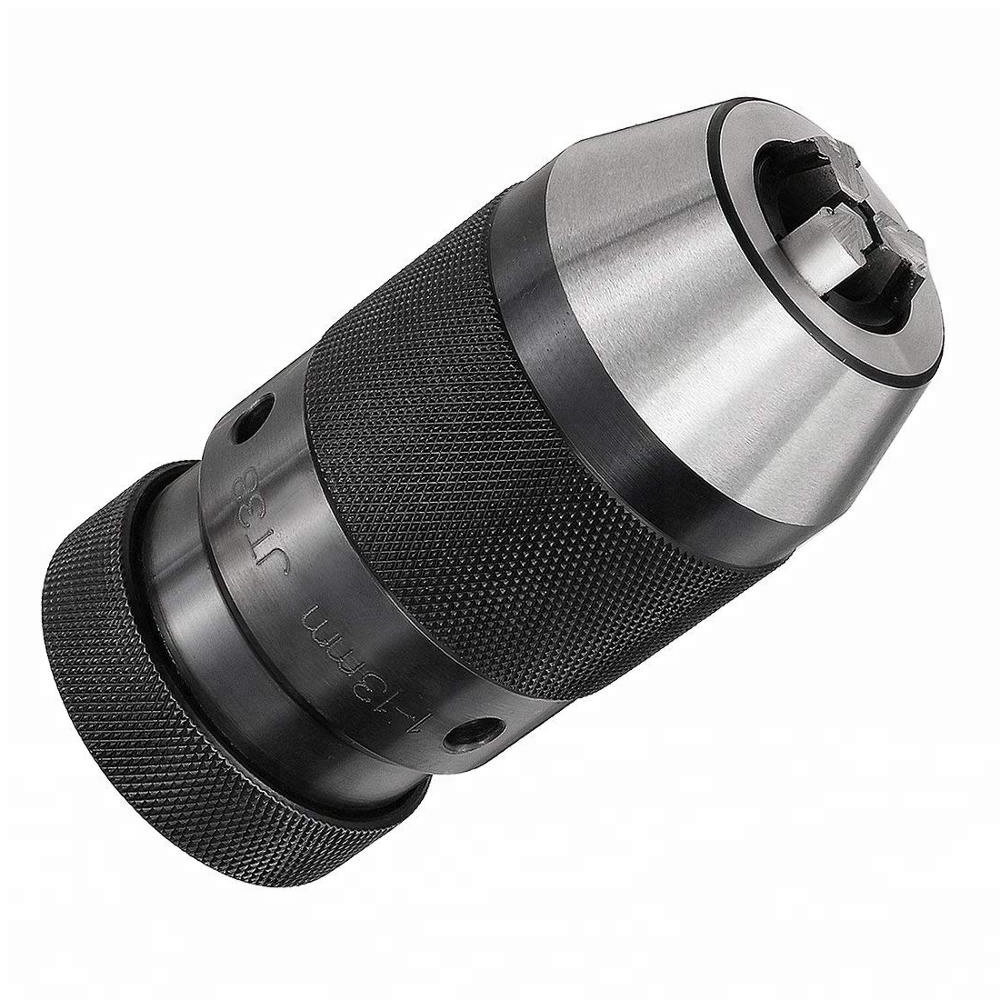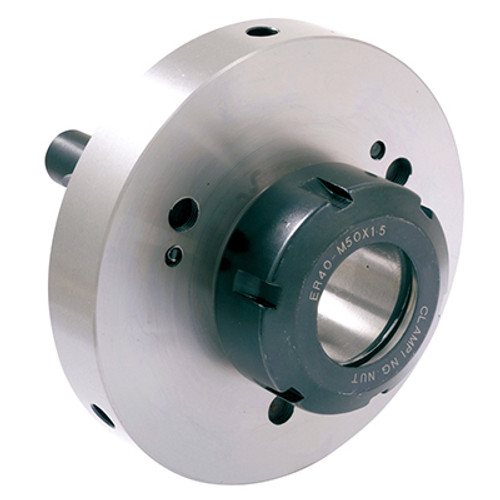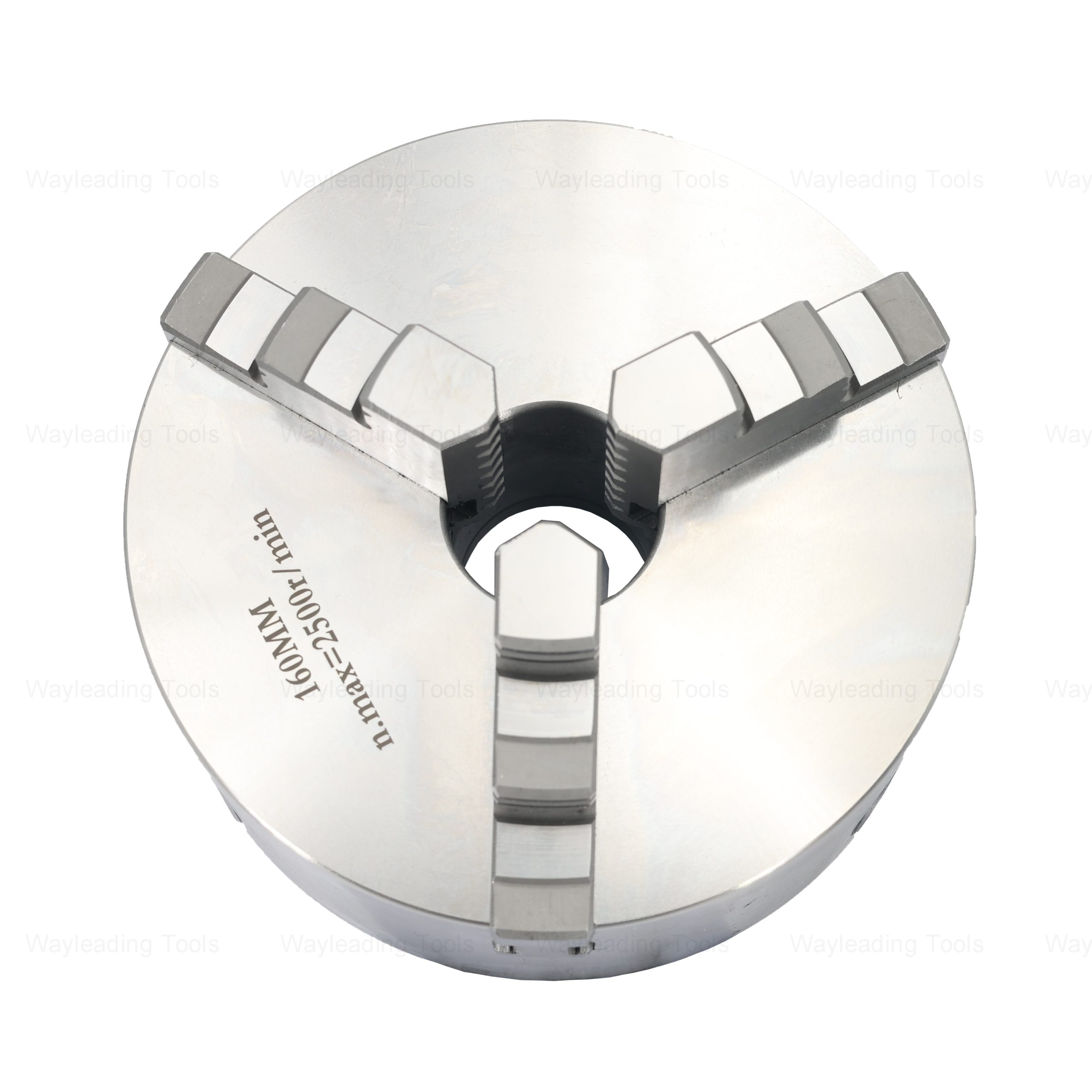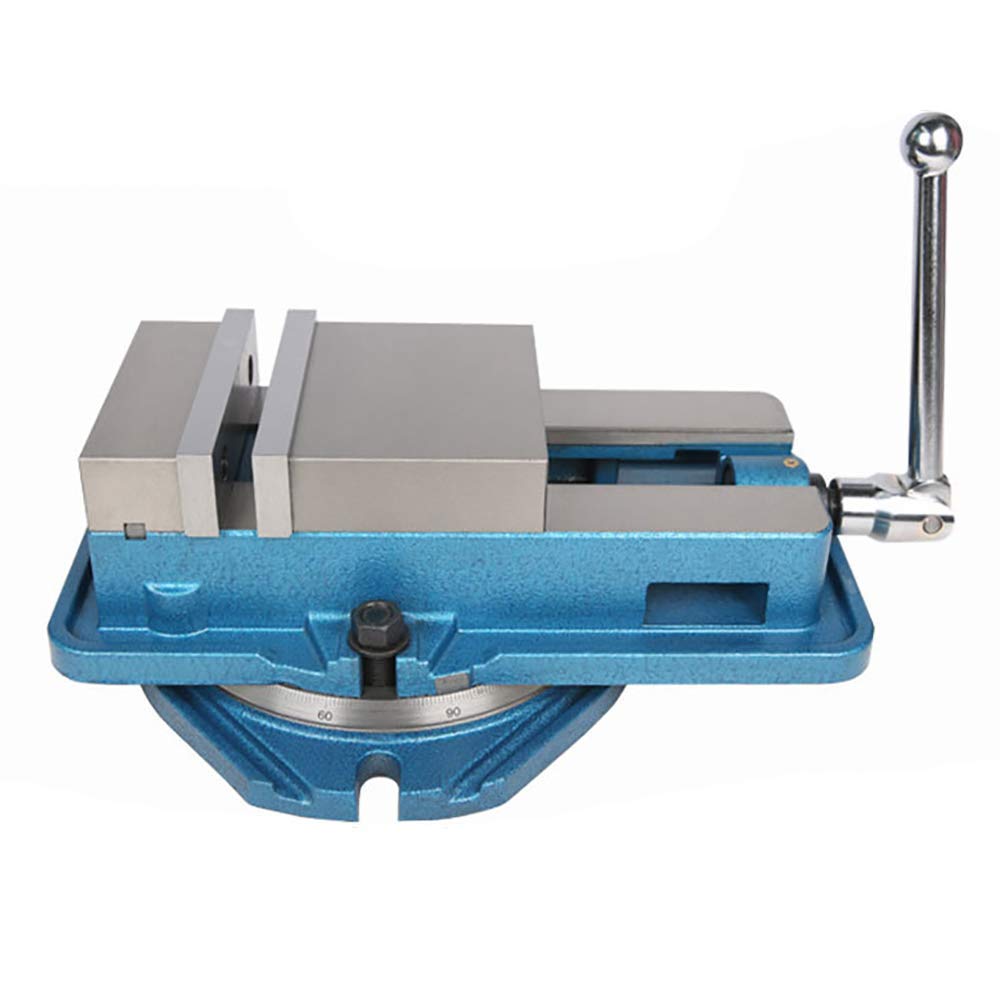carbide tipped lathe tools Manufacturers
Navigating the world of carbide tipped lathe tools manufacturers can be challenging. This guide provides a detailed overview of these essential tools, covering their types, applications, and key considerations when selecting a manufacturer. Learn about the advantages of carbide tooling, common types of lathe tools, and factors to consider when choosing a supplier to ensure you get the best tools for your specific needs.
Understanding Carbide Tipped Lathe Tools
Lathe tools play a critical role in machining operations, and carbide tipped lathe tools are a popular choice due to their superior performance and durability. Carbide is a composite material made of hard carbide particles bonded together by a metallic binder, typically cobalt. This combination results in a tool that is highly resistant to wear, heat, and deformation, making it ideal for machining a wide range of materials.
Advantages of Carbide Tooling
- High Hardness and Wear Resistance: Carbide tools maintain their cutting edge for extended periods, reducing downtime for tool changes.
- High Heat Resistance: Carbide can withstand high temperatures generated during machining without losing its hardness.
- Versatility: Suitable for machining various materials, including steel, stainless steel, cast iron, and non-ferrous metals.
- Improved Surface Finish: Carbide tools often produce a smoother surface finish compared to high-speed steel (HSS) tools.
Types of Carbide Tipped Lathe Tools
Carbide tipped lathe tools manufacturers offer a variety of tool types to suit different machining operations. Here are some of the most common:
- Turning Tools: Used for general turning operations to reduce the diameter of a workpiece.
- Facing Tools: Used to create a smooth, flat surface on the end of a workpiece.
- Boring Tools: Used to enlarge or finish existing holes.
- Threading Tools: Used to create threads on the outer or inner surface of a workpiece.
- Grooving Tools: Used to create grooves or recesses on the workpiece.
- Cut-Off Tools: Used to separate a finished part from the stock material.
Each type of tool is designed with specific geometries and angles to optimize performance for its intended application. The choice of tool depends on the material being machined, the desired surface finish, and the specific machining operation.
Selecting the Right Carbide Grade
Carbide tipped lathe tools are available in various grades, each with different properties and suitable for different applications. The grade of carbide is determined by the size and type of carbide particles, as well as the amount of cobalt binder. Finer grain sizes and higher cobalt content generally result in tougher, more wear-resistant tools.
Common carbide grades include:
- C-2: General purpose grade for machining steels and cast irons.
- C-5: For machining abrasive materials such as non-ferrous metals and plastics.
- C-6: For heavy-duty machining of steels and cast irons.
Consult with carbide tipped lathe tools manufacturers or suppliers to determine the optimal grade for your specific application.
Key Considerations When Choosing Carbide Tipped Lathe Tools Manufacturers
Choosing the right manufacturer is crucial for ensuring you receive high-quality carbide tipped lathe tools that meet your specific needs. Here are some key factors to consider:
Quality and Reputation
Look for manufacturers with a strong reputation for producing high-quality tools. Check online reviews, ask for references, and consider the manufacturer's certifications and quality control processes.
Product Range and Customization
Ensure the manufacturer offers a wide range of tool types and grades to meet your specific requirements. Some manufacturers also offer custom tool design and manufacturing services, which can be beneficial for specialized applications.
Technical Support and Expertise
Choose a manufacturer that provides excellent technical support and has experienced engineers who can assist you with tool selection, application, and troubleshooting.
Pricing and Lead Times
Compare pricing from different manufacturers and consider the lead times for tool delivery. While price is important, prioritize quality and performance over cost alone. Fast delivery is essential to minimize downtime and maintain your production schedule.
After-Sales Service
Inquire about the manufacturer's after-sales service, including warranty, repair services, and tool regrinding. A reliable after-sales service can help extend the lifespan of your tools and minimize downtime.
Comparing Carbide Tipped Lathe Tools
Here is a comparison table demonstrating the differences between common carbide grades for carbide tipped lathe tools:
| Carbide Grade | Typical Applications | Characteristics |
|---|---|---|
| C-2 | General purpose machining of steels and cast irons | Good balance of hardness and toughness. |
| C-5 | Machining abrasive materials like non-ferrous metals and plastics | High wear resistance. |
| C-6 | Heavy-duty machining of steels and cast irons | Higher toughness and shock resistance compared to C-2. |
Tips for Maximizing the Life of Carbide Tipped Lathe Tools
Proper care and maintenance can significantly extend the life of your carbide tipped lathe tools.
- Use the correct cutting speed and feed rate: Refer to the manufacturer's recommendations for optimal cutting parameters.
- Use adequate coolant: Coolant helps to dissipate heat and lubricate the cutting edge, reducing wear.
- Properly sharpen and regrind tools: Regular sharpening helps to maintain the cutting edge and prevent premature failure. Wayleading Tools offers professional regrinding services, ensuring your tools perform at their best. (This is a subtle way to link to the brand without explicitly mentioning a URL).
- Store tools properly: Store tools in a clean, dry environment to prevent corrosion and damage.
- Inspect tools regularly: Check for signs of wear, damage, or chipping. Replace or regrind tools as needed.
Finding Reliable Carbide Tipped Lathe Tools Manufacturers
Locating reputable carbide tipped lathe tools manufacturers is crucial for ensuring quality and performance. Here are some strategies to consider:
- Online Directories: Explore online directories such as ThomasNet, IndustryNet, and Kompass to find manufacturers that specialize in carbide tooling.
- Trade Shows: Attend industry trade shows and exhibitions to meet manufacturers in person and learn about their products and services.
- Industry Associations: Contact industry associations such as the Society of Manufacturing Engineers (SME) or the National Tooling and Machining Association (NTMA) for recommendations.
- Referrals: Ask for referrals from other machinists, tool distributors, or suppliers.
Conclusion
Choosing the right carbide tipped lathe tools manufacturers is essential for maximizing productivity, reducing costs, and achieving high-quality results in your machining operations. By considering the factors outlined in this guide and conducting thorough research, you can find a reliable supplier that meets your specific needs and helps you achieve your manufacturing goals. Selecting the appropriate carbide grade, tool type, and implementing proper maintenance practices will ensure the longevity and performance of your carbide tipped lathe tools, ultimately contributing to a more efficient and profitable machining process.
Related products
Related products
Best selling products
Best selling products-
 Precision Monoblock Vernier Caliper With Nib Style Jaws Of Metric & Imperial For Industrial
Precision Monoblock Vernier Caliper With Nib Style Jaws Of Metric & Imperial For Industrial -
 Indexable Spade Drill Holder With Helical Flute Holder And Taper Shank
Indexable Spade Drill Holder With Helical Flute Holder And Taper Shank -
 Type B Cylinder Tungsten Carbide Rotary Burr
Type B Cylinder Tungsten Carbide Rotary Burr -
 Precision 7pcs Angle Blocks Set With High Quality Type
Precision 7pcs Angle Blocks Set With High Quality Type -
 9PCS Broken Tap Extractor Set With Storage Box
9PCS Broken Tap Extractor Set With Storage Box -
 Dead Center For Morse Taper Shank
Dead Center For Morse Taper Shank -
 Precision V Block Set With M Type
Precision V Block Set With M Type -
 Precision Dial Caliper Of Double Shock-Proof For Industrial
Precision Dial Caliper Of Double Shock-Proof For Industrial -
 Inch HSS Step Drills with Straight Flute
Inch HSS Step Drills with Straight Flute -
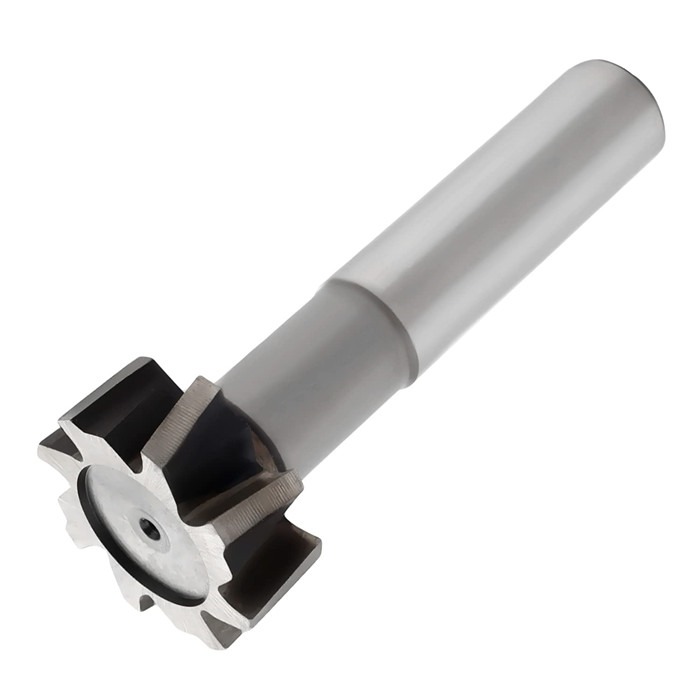 HSS Metric & Inch T Slot End Mill For Industrial
HSS Metric & Inch T Slot End Mill For Industrial -
 HSS ISO Metric Round Die Wieh Splite Or Adjustable Splite Type
HSS ISO Metric Round Die Wieh Splite Or Adjustable Splite Type -
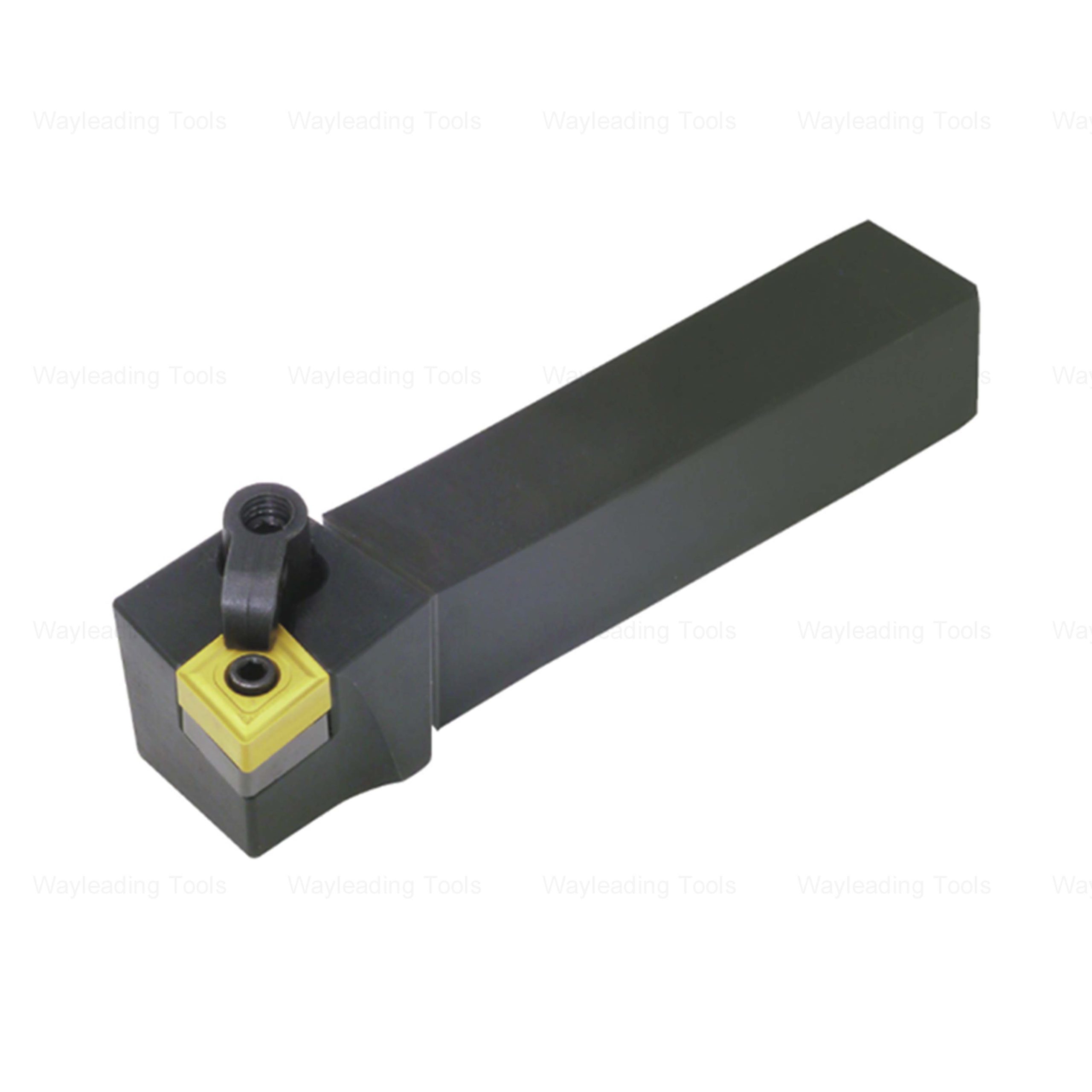 MCLN Turning Tool Holder – Indexable Type
MCLN Turning Tool Holder – Indexable Type


